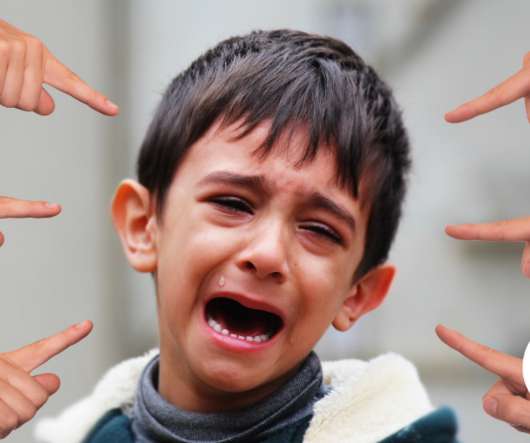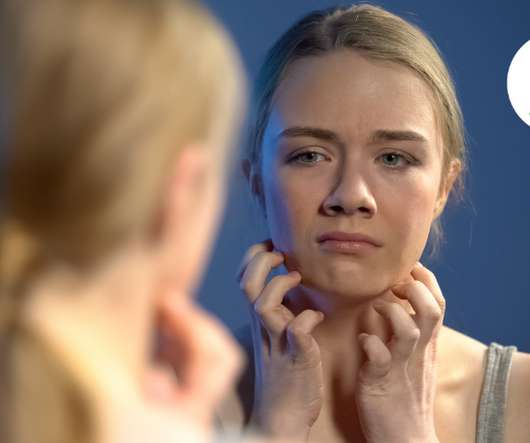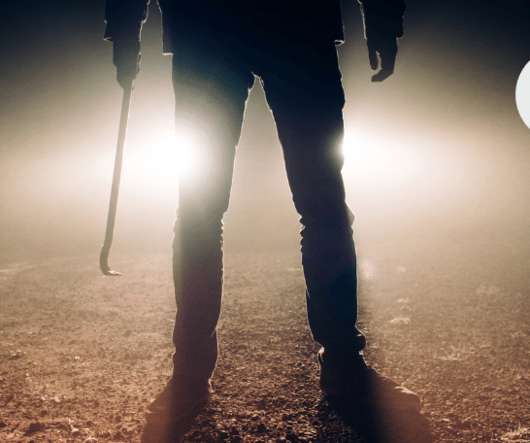The Ugly Truth About Mental Health Stigma
Stop Abuse Campaign
MAY 20, 2022
In 2020, mental health statistics showed that 1 in 5 American adults experienced a mental health issue, 1 in 6 young people experienced a major depressive episode, and 1 in 20 Americans lived with a serious mental illness, such as schizophrenia, bipolar disorder, or major depression. Psychiatry.org). It’s not our fault. Discrimination.













Let's personalize your content